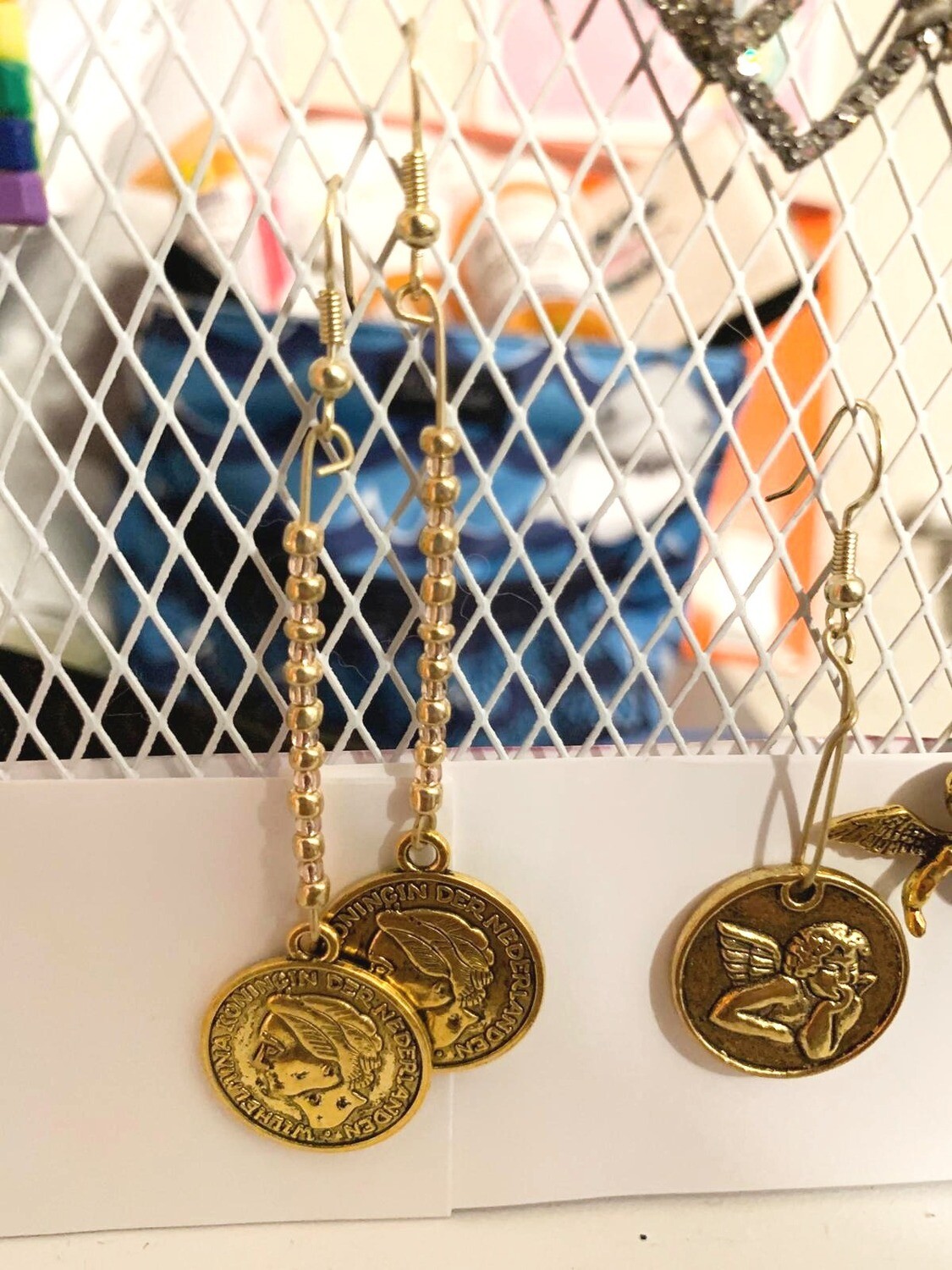1. Silent capabilities
· This is valuable for my venture since many individuals have an unmet need for quieter microwaves.
· This knowledge is rare, because not everyone has realized this need.
· This resource is inimitable, but it will be the first.
· This idea is poorly substitutable as microwave users would be forced to watch the heating and open the door before time finishes.
2. Patterns and designs
· This is valuable for my venture since many individuals, especially younger ones with a new for silent microwaves, want more personalized or accessorized designs.
· This knowledge is not rare but the amount of colorful microwaves is limited.
· This resource is inimitable, but our array of options will be especially attractive.
· This idea is substitutable but we will aim for a partnership in order to have a mass production and be competitive in market.
3. My creativity and innovation
· This is valuable for my venture since entrepreneurs need to have skills such as these to succeed
· This knowledge is somewhat rare, because not everyone can access these skills
· This resource is somewhat inimitable, but true creativity and innovation is difficult to replicate to a high degree
· This idea is poorly substitutable as seen by the fact that it has not been invented yet.
4. Access to investors
· This is valuable for my venture since financial capital is often necessary to achieve goals.
· This knowledge is rare, because of the unequal distribution of wealth in America
· This resource is inimitable, but the combination is rare.
· This idea is substitutable with other rich people.
5. A partnership with a strong brand
· This is valuable for my venture since it keeps us competitive with developments and the market.
· This knowledge is rare, because less than a dozen brands have control over the microwave market.
· This resource is inimitable, but limited.
· This idea is poorly substitutable as microwave companies continuously create the same product.
6. Interviews with young adults that indicate a demand
· This is valuable for my venture since it keeps us competitive with developments and the market.
· This knowledge is rare, because less than a dozen brands have control over the microwave market.
· This resource is inimitable, but limited.
· This idea is poorly substitutable as microwave companies continuously create the same product.
7. I am my own consumer
·
This is valuable for
my venture since it means I understand the mind of the consumer.
·
This knowledge is not rare,
because many Americans use the microwave.
·
This resource is inimitable.
·
This idea is poorly substitutable
because you cannot always be a consumer.
8.
My communication
skills
·
This is valuable for
my venture since it allows me to make connections and talk to other consumers.
·
This knowledge is
somewhat rare.
·
This resource is inimitable,
in some ways but not completely.
·
This idea is poorly substitutable.
9.
I have my UF teachers
to guide me
·
This is valuable for
my venture since the knowledgeable professors at UF can guide me.
·
This knowledge is rare,
because not everyone has so many people to guide them.
·
This resource is non-inimitable.
·
This idea is poorly substitutable
as their experience is not comparable.
10.
My drive to succeed
·
This is valuable for
my venture since it keeps us competitive as I push to excel.
·
This knowledge is not
rare but certainly necessary.
·
This resource is inimitable.
·
This idea is somewhat substitutable
as some people push themselves further.
While there are a lot of good qualities that will help with my endeavors, my first, the innovation of a microwave with silent features is my most important which fits into VRIN the most. This resource is one that has not been done before and with a variety of colors and styles, other manufactures won’t be able to compete with our features and variety.

